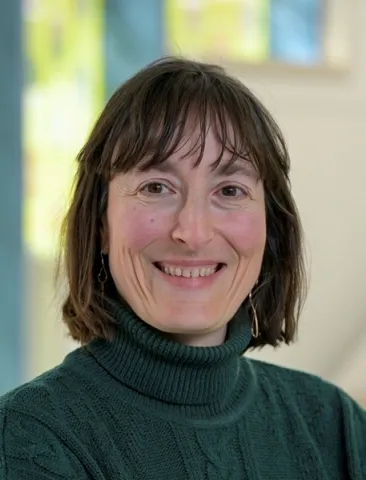About the project
NMR on Long-Lived States (LLS) and Long-Lived Coherences (LLC) offers an approach for extending the lifetime for entangled nuclear spin states. A new theoretical model will be developed, with the aim to predict and optimise experimental lifetimes, aided by quantum optimal control methods.
CH2 and CF2 moieties, frequently occurring in simple organic molecules and amino acids, contain spin-½ pairs that can often form entangled states. LLS are spin singlet states; LLC are a special class of zero-quantum coherences, superpositions of singlet and triplet states. These can exhibit longer lifetimes than the individual spin ½ nuclei even by an order of magnitude, and can also be created on spin chains, under favourable conditions.
The prediction of their lifetimes is complex and often unreliable, using analytical models. This project will address it via a comprehensive representation of the molecular system, its relaxation pathways and dynamics, with numerical calculation in the Liouville space.
This new model will be the basis for quantum optimal control (QOC) calculations, to design novel experiments for more efficient excitation of these entangled states, and to improve their experimental “spin memory”. Longer spin memory is crucial for many applications:
- the creation of more complex correlated states involving other nuclei
- for detecting even minute variations of the spin environment at atomic level
- for quantum computing via nuclear spins, as qubits.
The project will produce a “toolbox” with new theory and new QOC-NMR methods for the exploitation of LLS/LLC in a variety of systems.
International collaborators will provide specialised samples, complementary expertise, and access to facilities, for hyperpolarization and high field NMR applications on alpha-synuclein, a well-studied intrinsically disordered protein.
In addition to supervisors from the University of Southampton, this project also benefits from the expertise of the following external supervisors:
